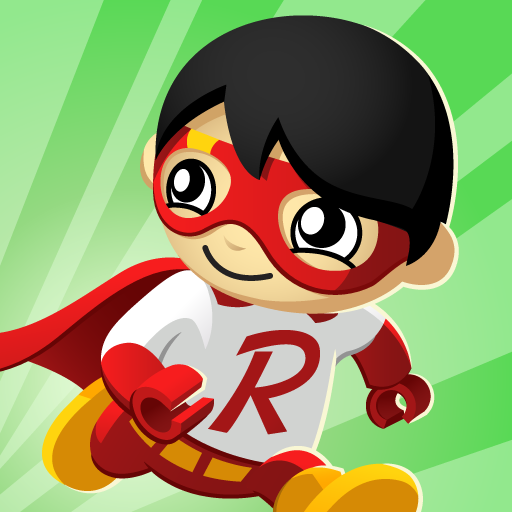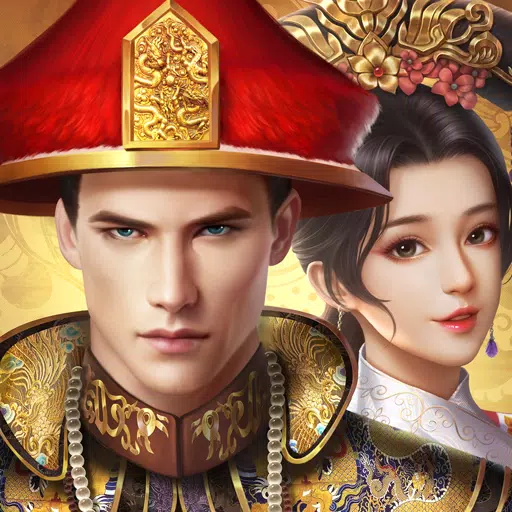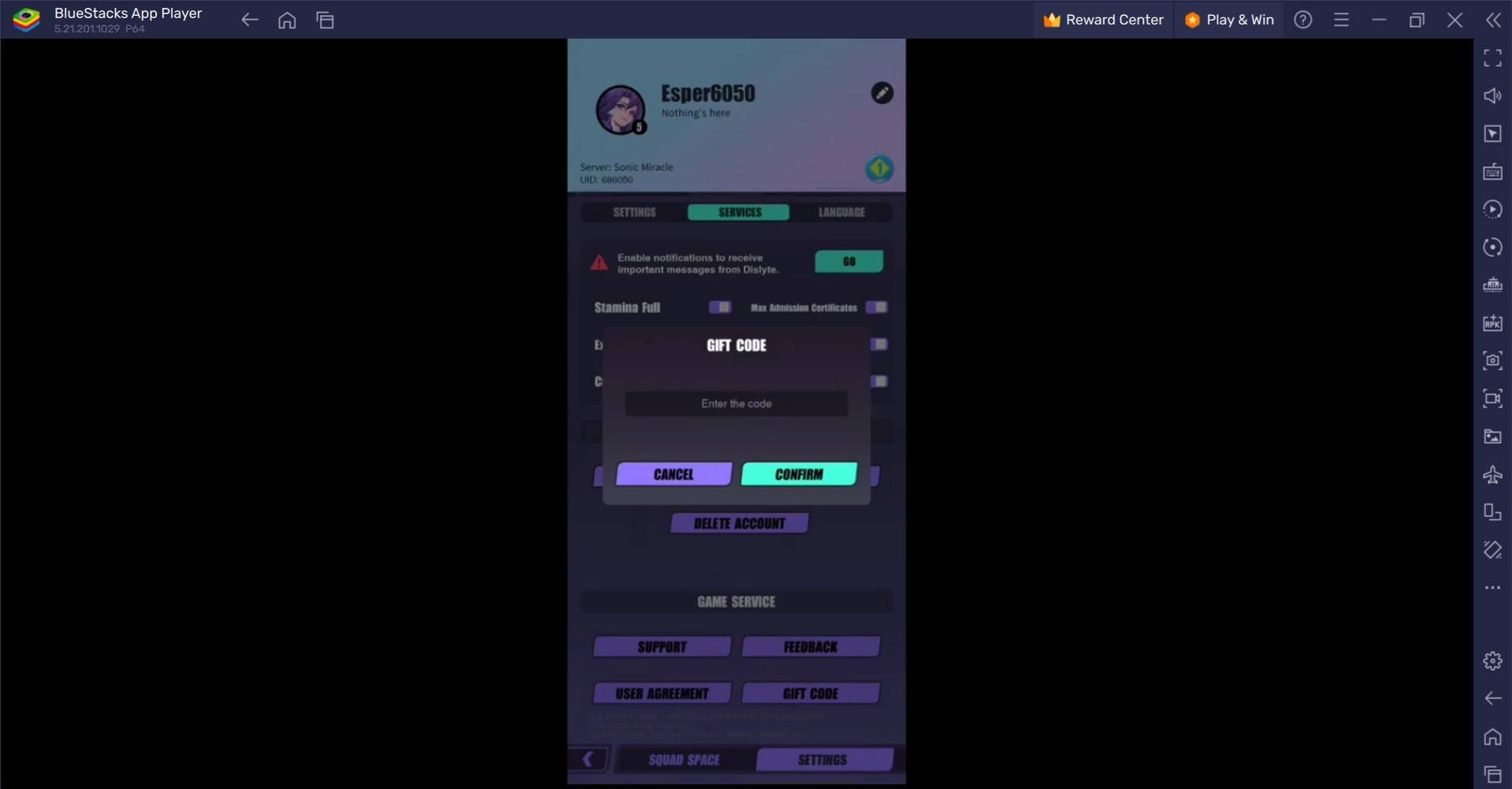TikTok's weekend ban dominated headlines, but the fallout extended beyond the social media platform. Several top-tier releases, including Marvel Snap, were also pulled, leaving developer Second Dinner scrambling for solutions. This incident highlights the risky implications of becoming entangled in geopolitical maneuvering.
The temporary US shutdown of TikTok, anticipated due to congressional concerns labeling it a foreign adversary-controlled app, ultimately ended with President-elect Trump's intervention and ByteDance's swift reinstatement. However, the same swift resolution didn't extend to all ByteDance's applications.
Marvel Snap, a popular card game, along with other titles from ByteDance subsidiaries like Moonton's Mobile Legends: Bang Bang, faced similar bans. ByteDance's strategy seemed to be an "all or nothing" approach.
The situation is particularly concerning for Second Dinner, who reportedly received no prior warning. They've since taken to Twitter to apologize and promise a quick return to service, offering compensation to players. While unlikely to sever ties with ByteDance, this incident likely eroded their confidence. The episode suggests that ByteDance prioritizes its social media empire over its gaming ventures.
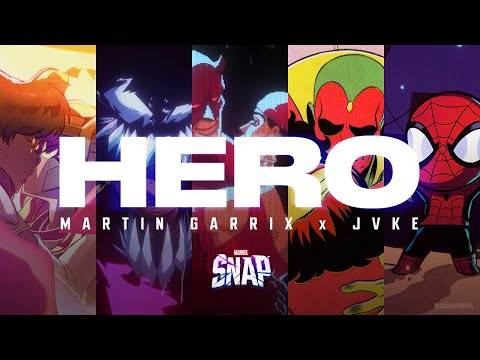
ByteDance's actions regarding TikTok's ban appear calculated to generate publicity, a strategy that seemingly succeeded. However, this political gamble also ensnared its gaming ventures, leaving developers like Second Dinner to manage the fallout.
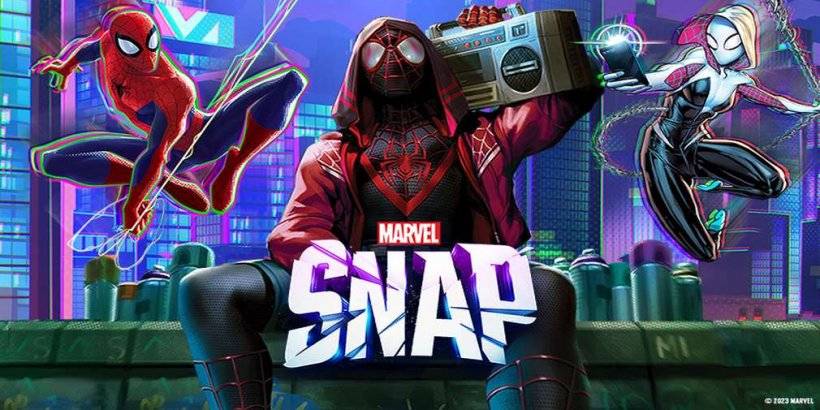
This isn't ByteDance's first misstep in the gaming sector. In 2023, significant layoffs and project cancellations within their gaming division signaled a shift towards partnerships rather than in-house development. However, the Marvel Snap incident raises serious concerns among developers and publishers about potential future political repercussions. Disney, particularly, might be uneasy given the recent success of NetEase's Marvel Rivals. ByteDance's gamble may have worked politically, but it risks alienating developers and IP holders.
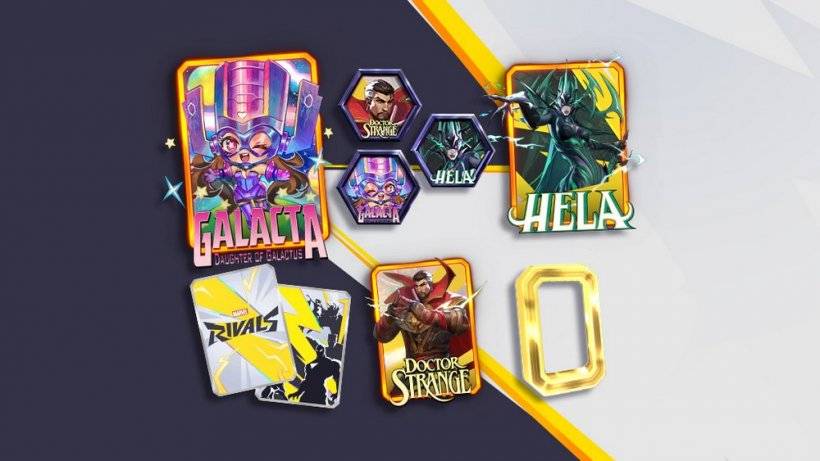
The concern extends beyond ByteDance. Tencent, NetEase, and other Chinese gaming companies could face similar scrutiny. The FTC's actions against MiHoYo regarding loot boxes further illustrate the potential for future political targeting of the gaming industry.
The Marvel Snap incident highlighted how easily a beloved game can become collateral damage in geopolitical conflicts. The unexpected impact on players, especially those unfamiliar with the TikTok controversy, demonstrates the potential for widespread disruption. The situation underscores the precarious position of the gaming industry when caught in the crossfire of international politics.
 Home
Home  Navigation
Navigation






 Latest Articles
Latest Articles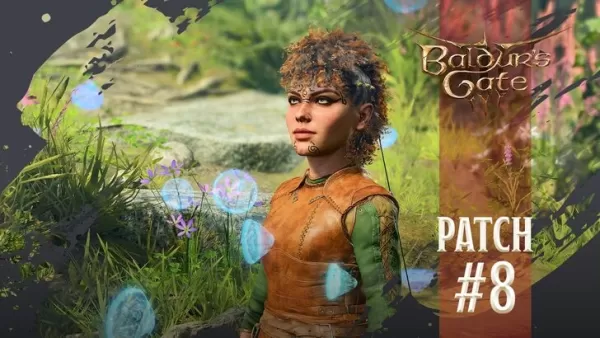
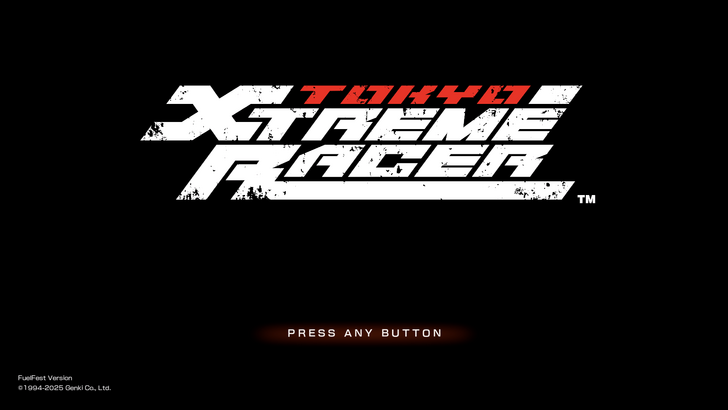
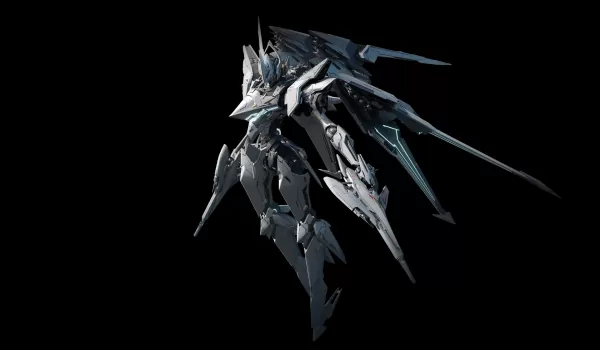








 Latest Games
Latest Games